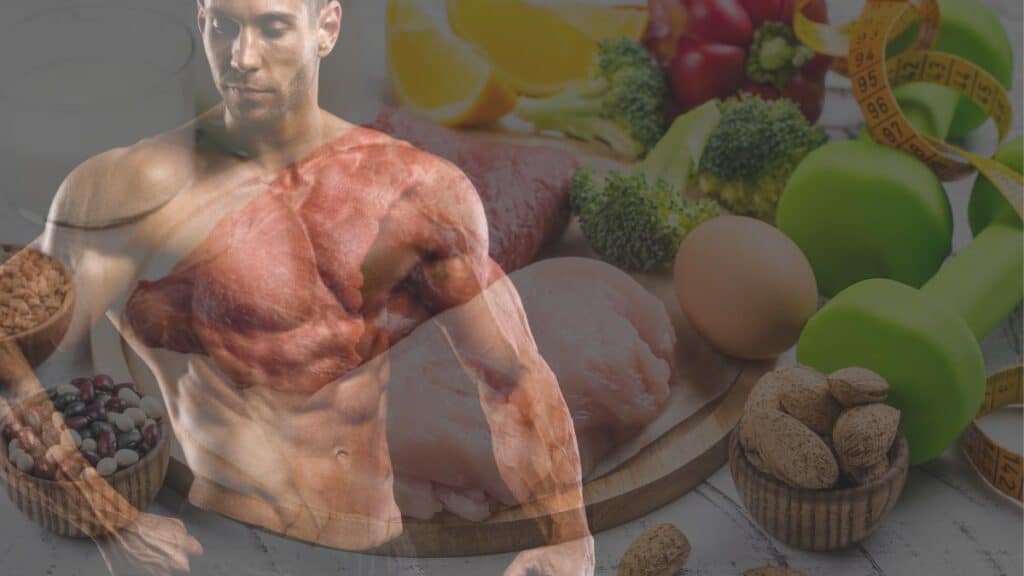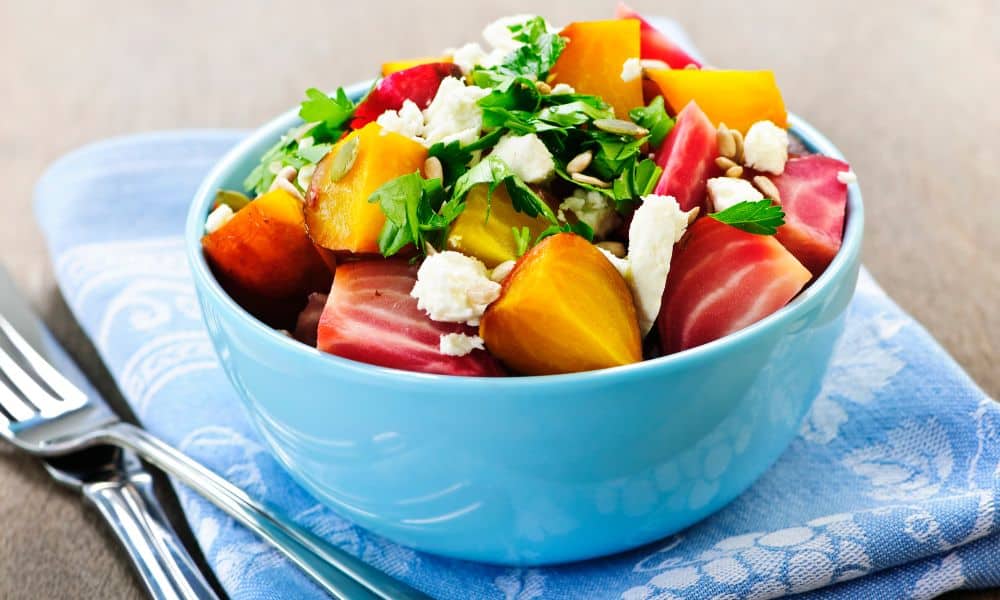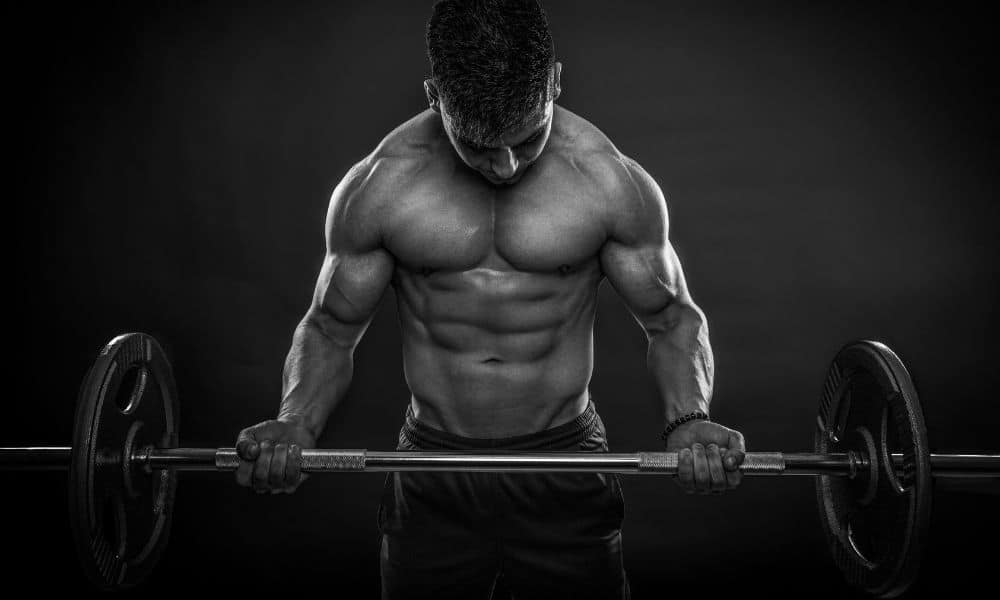In the realm of fitness and bodybuilding, the timing and composition of your meals are pivotal in achieving your goals. A common concern among fitness enthusiasts is the potential harm of not eating after a workout. Does skipping your post-workout meal lead to muscle loss? Can your body start burning muscle instead of fat? Let’s delve into these questions, armed with scientific insights and practical advice.
The Importance of Post-Workout Nutrition
After a strenuous workout, your body is in a state of repair. Muscles are primed to absorb nutrients to repair the micro-tears caused by exercise. This period, often called the “anabolic window,” is an optimal time to replenish glycogen stores and accelerate muscle repair with proper nutrition. Consuming a mix of carbohydrates and protein post-workout can aid recovery, muscle growth, and performance enhancement.
The Myth of the Anabolic Window
Recent research suggests that the anabolic window is more flexible than previously thought. The urgency to consume protein immediately after workouts is being reevaluated. While eating soon after exercise is beneficial, the nutrient uptake window may extend several hours post-exercise. This flexibility allows for personal preferences and schedules in meal planning.
Muscle vs. Fat Metabolism
The fear that not eating immediately after a workout will cause your body to burn muscle instead of fat is mainly unfounded for most people. The body prefers to use stored glycogen and fat for energy before tapping into muscle protein. Muscle catabolism (breakdown) is more likely to occur in scenarios of extreme calorie deficit, prolonged fasting, or intense training without adequate nutrition over time.
Factors Influencing Post-Workout Nutrition Needs
- Intensity and Duration of Exercise: Longer, more intense workouts deplete glycogen stores more significantly, increasing the importance of replenishing nutrients post-exercise.
- Overall Diet and Fitness Goals: Individuals aiming for muscle gain might prioritize post-workout nutrition more than those focused on weight loss or endurance training.
- Timing of Pre-Workout Meal: Depending on its composition and timing, a substantial pre-workout meal might lessen the immediate need for post-workout nutrition.
Practical Recommendations
- Listen to Your Body: Hunger cues and energy levels can guide the timing of your post-workout meal.
- Quality Over Timing: Focus on the quality of your post-workout meal. Aim for a balanced intake of carbohydrates, protein, and healthy fats.
- Hydration: Replenishing fluids lost during exercise is crucial, regardless of your meal timing.
- Consistency and Overall Diet Quality: Long-term nutrition habits play a more significant role in muscle gain and fat loss than the timing of a single meal.
Conclusion
The notion that not eating immediately after a workout is harmful and leads to muscle loss is oversimplified. While post-workout nutrition is essential for recovery and muscle synthesis, the body’s adaptive mechanisms and the broader context of an individual’s diet and exercise regimen are crucial. Focusing on a balanced diet, staying hydrated, and listening to your body’s needs will support your fitness and bodybuilding goals more effectively than adhering to rigid meal timing rules.
Incorporating these insights into your fitness journey can enhance your performance, recovery, and overall health. Remember, the path to optimal fitness is personalized and holistic, encompassing workout routines, nutrition, rest, and mental well-being.




